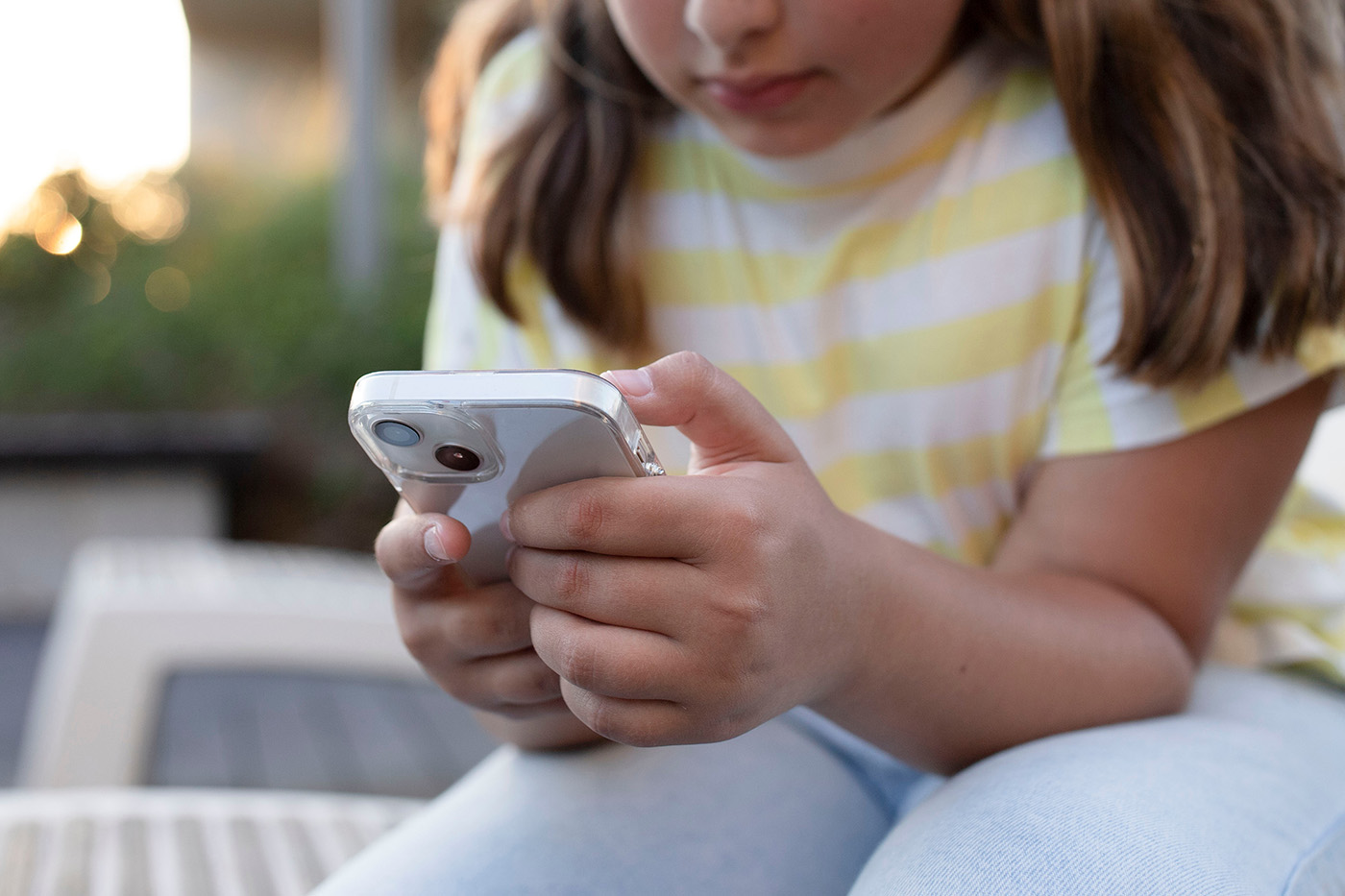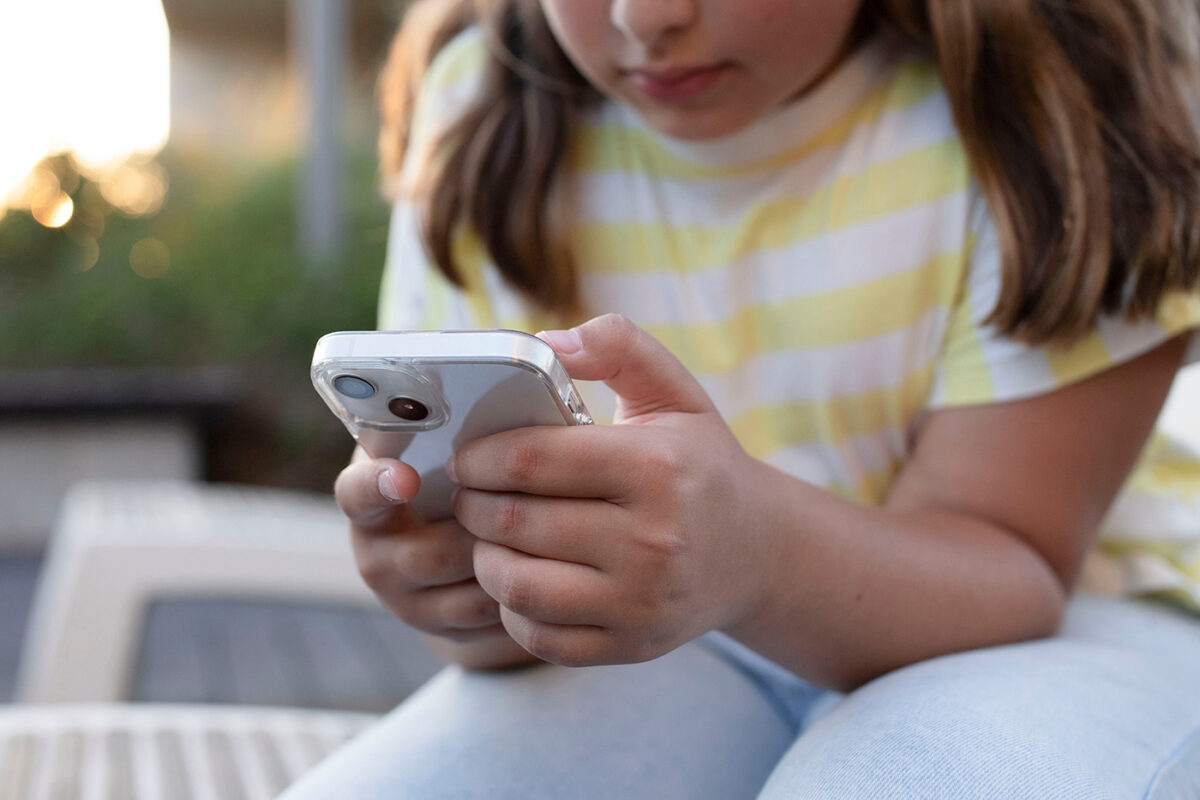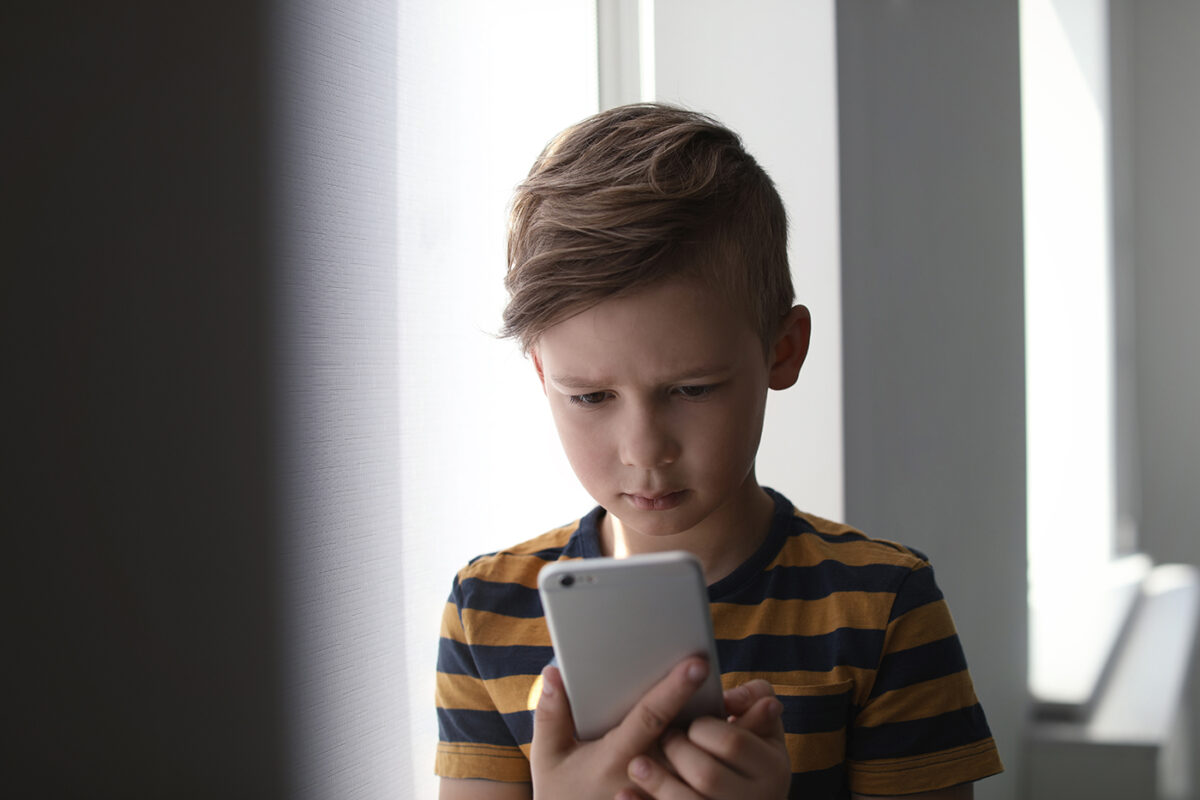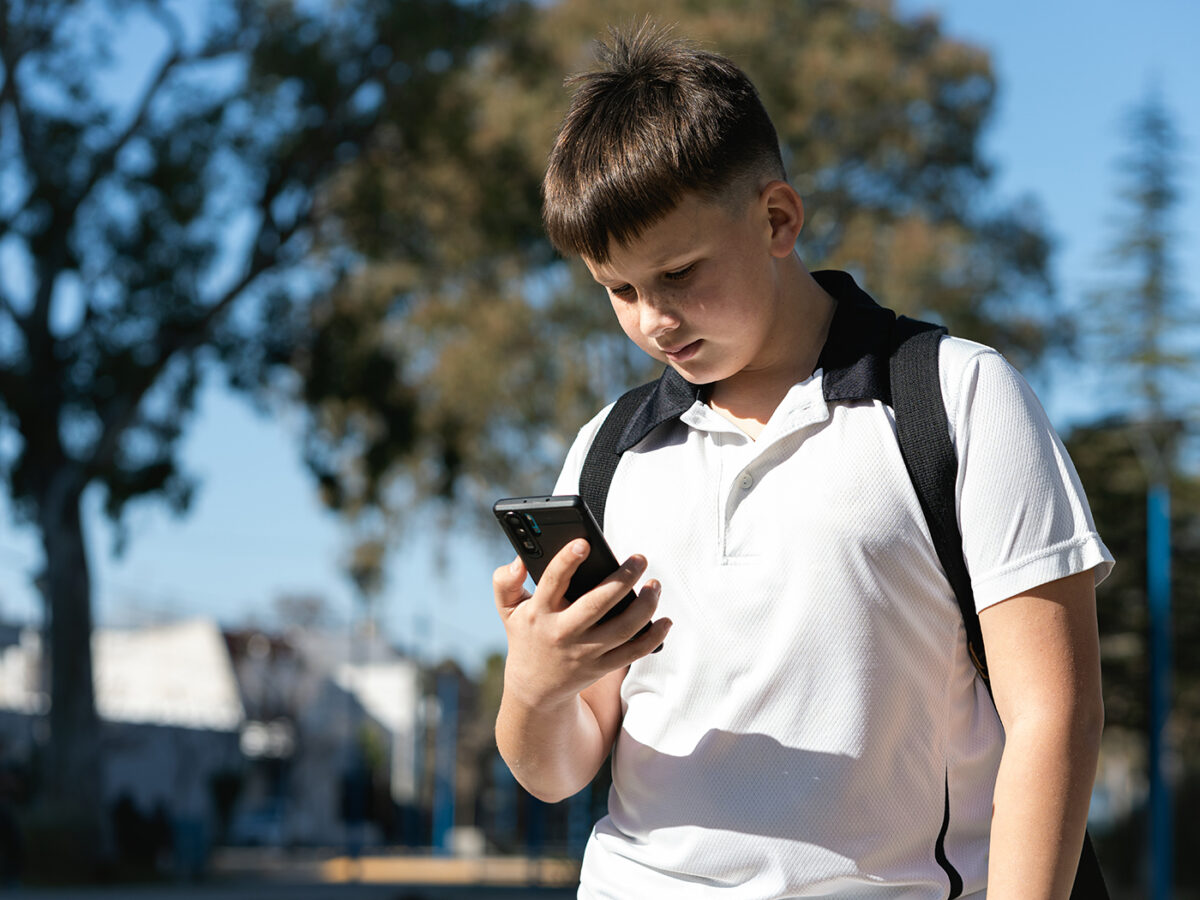
Author
John Lyon
Strategic Communications Manager
Contact
ACHI Communications
501-526-2244
jlyon@achi.net
Children whose social media use increased between ages 9 and 13 scored lower on cognitive function tests than those with little or no social media use during those years, according to a new study published in JAMA.
The study adds to the growing body of research examining the effects of social media use and screen time on children. Concerns about those effects have prompted laws banning cellphones in school in many states, including Arkansas. While several studies have focused on the effects of social media use or screen time on children’s mental health, the new study is notable for its focus on the cognitive impacts of increased social media use.
For the study, researchers classified 6,554 children into three groups: those who reported no or very little social media use between ages 9 and 13, those whose social media use increased by an average of 1.3 hours per day during those years, and those whose social media use increased by an average of three hours per day during those years. The researchers found that when the children were tested at age 13 in subjects such as reading, vocabulary, and memory, those whose social media use had increased by low amounts and those whose social media had increased by large amounts scored lower than children with no or very little social media use. Children whose social media use increased by large amounts scored the lowest.
In an editorial published alongside the study, child psychologists Sheri Madigan, Keith Owen Yates, and Pasco Fearon said the results are not definitive. They noted that the differences in the three group’s test scores, though statistically significant, were not large, and the mean scores for all three groups fell within the average range for 13-year-olds. However, the editorial’s authors wrote that even subtle differences in cognition at a group level “may translate into students taking longer on average to complete assignments; falling behind in cumulative subjects, such as math and reading; or disengaging academically altogether….”
The psychologists said the study suggests that policy action to protect children is warranted.
“Overall, the study by Nagata et al suggests that increasing social media use comes at a developmental cost, strengthening the argument that regulatory measures, such as enforceable age limits, improved design standards, and greater platform accountability, are warranted to protect children from preventable harms,” they wrote.
In previous posts, ACHI has looked at studies examining how the mental health of young people is impacted by social media use, certain online experiences, and excessive screen time. We have also created an infographic on social media and youth mental health.
For more information on efforts to create cellphone-free schools, listen to our podcast interview with Dr. Debbie Jones, superintendent of Bentonville Schools, about a pilot project in her district that preceded Arkansas’s statewide ban.






